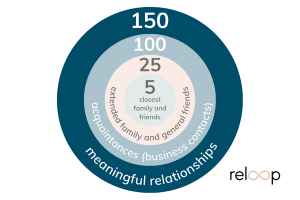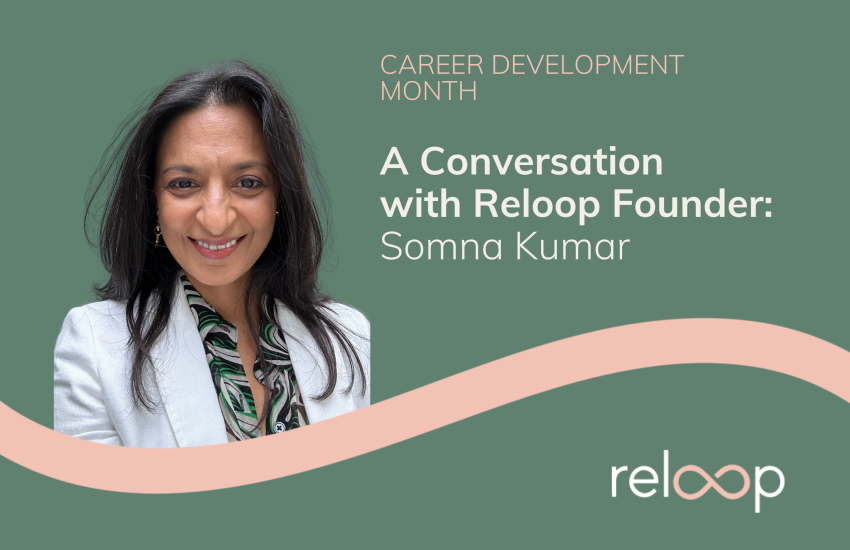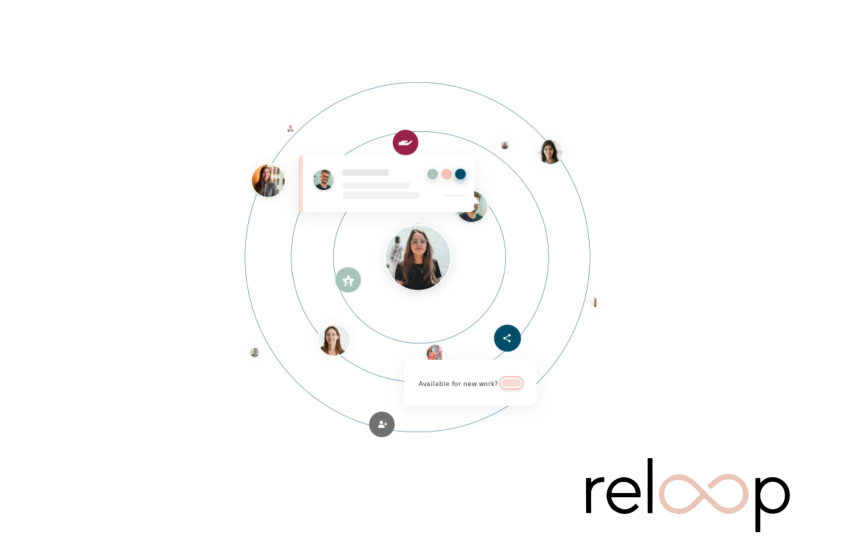Dunbar’s Number and how it can help us cultivate meaningful professional relationships
We’ve all heard the old saying before: “quality over quantity”. As independent professionals and freelancers navigate their career, does this now apply to our professional connections?
In 1992, British anthropologist Robin Dunbar, Professor of Evolutionary Psychology at the University of Oxford, proposed that there existed a cognitive limit to the amount of meaningful relationships a person can maintain at any one time. While there is no exact number that can be applied to everybody, studies have predicted this number to generally be between 150 and 200 people.
Upon closer inspection, this number of 150 seems to crop up everywhere. From the mean size of one’s Christmas card network to the distribution of Amish communities, Dunbar’s number seems to be a common thread tying together a high proportion of our social structures. The concept suggests humans can maintain stable social relationships with approximately 150 individuals.
Perhaps even more interestingly, there are examples of the implementation of Dunbar’s number in the workplace increasing productivity and morale. While initially applied to the context of social relationships within a community or group, Dunbar’s number holds significance for modern independent professionals and freelancers as well, especially when it comes to maintaining professional relationships.
A Dunbar’s guide to networking
The concept of Dunbar’s number highlights the importance of focusing on key relationships that are likely to have a significant impact on one’s work and career journey.
By identifying the core group of trusted and valued individuals within this limit, independent professionals can allocate their resources more effectively. This involves investing time in getting to know their community, understanding their strengths and areas of expertise, and collaborating with them on potential projects that matter. By maintaining a manageable number of professional relationships, individuals can foster trust, enhance communication, and create a sense of camaraderie within their daily working lives.
Moreover, Dunbar’s number can help freelancers and independent professionals avoid spreading themselves too thin. In a busy work environment, especially when you are working for yourself and juggling multiple professional and personal responsibilities, time is a valuable resource. Trying to maintain numerous superficial connections can lead to diluted efforts and strained relationships. By acknowledging the cognitive limit, individuals can be more selective in their interactions, ensuring that they invest time in relationships that are mutually beneficial and meaningful.
It is important to note that Dunbar’s number is not a calculation for how many meaningful professional relationships one can maintain but how many social relationships one can maintain. As far as we can tell there has been little to no research on the former question.
However, the idea that a person has a cognitive limit to maintaining relationships still tells us that prioritisation of quality connections over quantity of connections is important – regardless of what that number may be.

Dunbar’s influence on community
Dunbar’s number has found a place in the professional environment. One example of how Dunbar’s number was utilised in a professional environment is the case of Gore-Tex. Gore-Tex recognised the importance of maintaining strong social bonds and applied Dunbar’s number to their internal organisational structure. They divided their workforce into smaller, autonomous teams with a maximum size of 150 members.
By adhering to Dunbar’s number of 150, Gore-Tex aimed to foster a sense of intimacy, trust, and familiarity among employees within each team. This allowed for more effective communication, collaboration, and decision-making.
Gore-Tex’s implementation of Dunbar’s number also promoted a culture of shared values and common goals. As teams remained small, employees were more likely to develop personal relationships and a stronger sense of camaraderie. This sense of belonging and mutual support fostered employee satisfaction and loyalty, ultimately enhancing productivity and overall company performance.
So can this be applied to the wider freelancing and independent professional community?
Lessons from Dunbar’s number in the modern world
In the modern world of freelance work and portfolio careers, networking is more important than ever and Dunbar’s number can serve as a lesson to many trying to cultivate an effective professional network.
While the numbers may not be exact, the take home lesson that one must balance quality of connections over quantity is one that is scientifically proven to foster productivity and value from your professional circle.
Dunbar’s influence on Reloop
At Reloop our goal (similar to Gore-Tex’s) is to foster trust, intimacy and familiarity amongst our members. We believe that when it comes to building a long-term, sustainable career, it is the authentic, trusted connections that can truly help.
We’ve chosen to do this by limiting the number of member connections to 150. We hope this will enable our members to develop a strong sense of camaraderie and belonging on the platform, as well as achieve a more supportive environment where all members are able to thrive.
– END –
Sources:
Your Reloop Circle is limited to 150 of your most important connections.
Find out more here: https://www.reloop.co/



